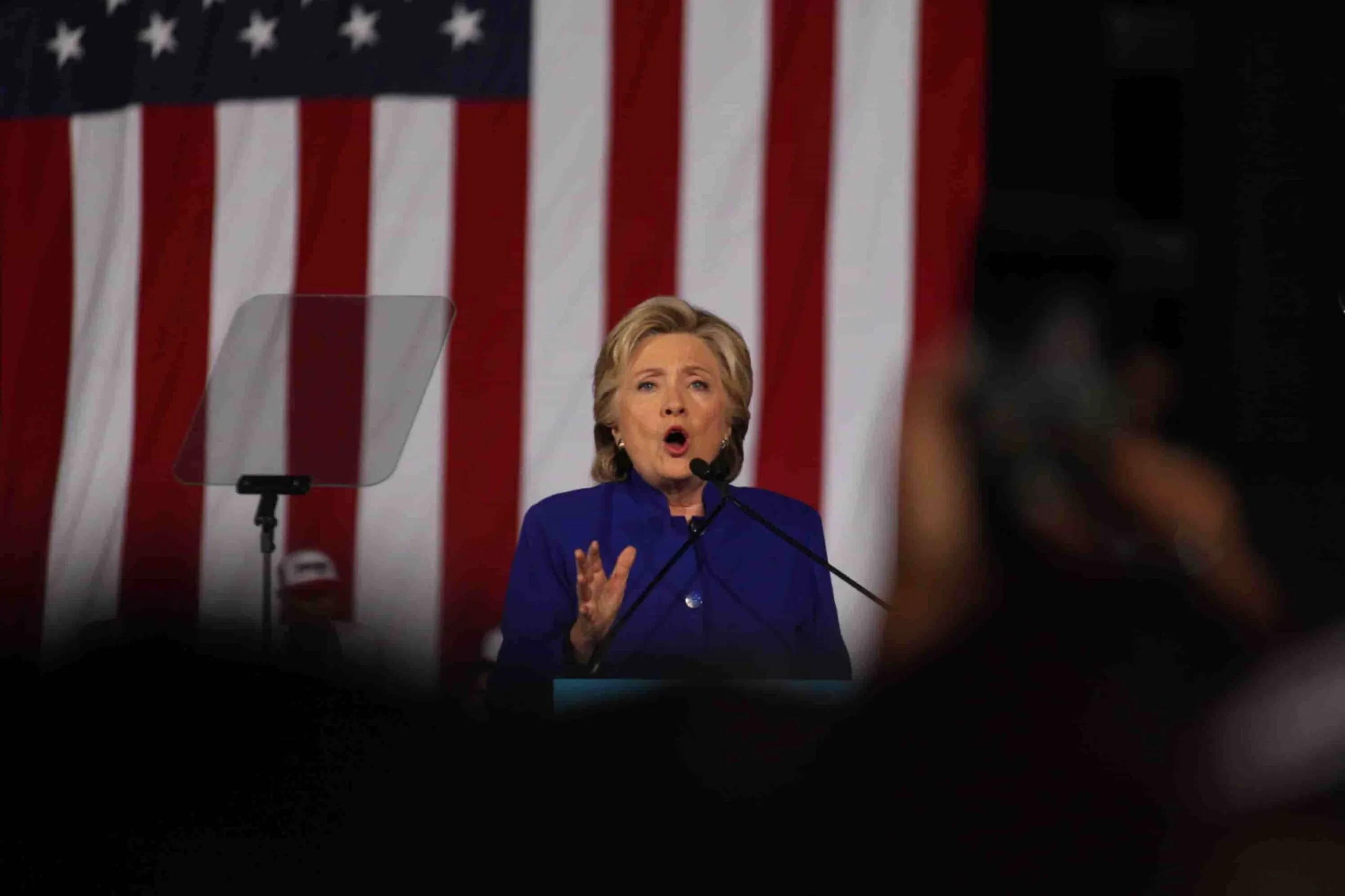Bitcoin's Dramatic Rise: The Impact of Hillary Clinton's Warning on BTC Investments

Bitcoin (BTC) continues to record massive capital inflow and investor interest, bringing the maiden cryptocurrency inches close to attaining the $100,000 per coin milestone.
Amid this growth, Bitcoin and the broader crypto market have faced opposition over the years, mainly due to their interaction with the traditional finance sector.
One notable instance of opposition came from former United States Secretary of State Hillary Clinton, who, on November 18, 2021, warned about cryptocurrency's potential to destabilize nations and undermine traditional currencies.
“One more area that I hope nation states start paying greater attention to is the rise of cryptocurrency—because what looks like a very interesting and somewhat exotic effort to literally mine new coins in order to trade with has the potential for undermining currencies, for undermining the role of the dollar as the reserve currency, for destabilizing nations, perhaps starting with small ones, but going much larger,” Clinton said.
At the time of her remarks, Bitcoin was trading at $56,942 per coin. Fast forward to today, November 21, Bitcoin had surged to $97,680 by press time, marking an increase of over 71%.
Meaning that if you had invested $1,000 in Bitcoin on the day of Clinton's remarks, your initial investment would now be worth $1,711, translating to profits of $711.
Bitcoin's growth has attracted institutional investors through the launch of related products such as the spot exchange-traded fund (ETF). Furthermore, countries like El Salvador have declared Bitcoin as legal tender.
Bitcoin's post-election rally continues to solidify its position, targeting the $100,000 record, with analysts predicting a bright future for the cryptocurrency.
However, caution is urged as momentum indicators suggest Bitcoin is in overbought territory, indicating a potential short-term correction or consolidation.
This article was prepared using information from open sources in accordance with the principles of Ethical Policy. The editorial team is not responsible for absolute accuracy, as it relies on data from the sources referenced.